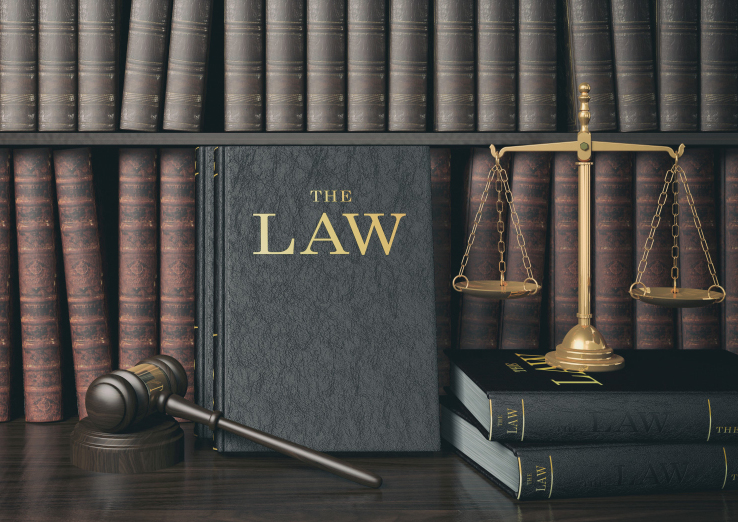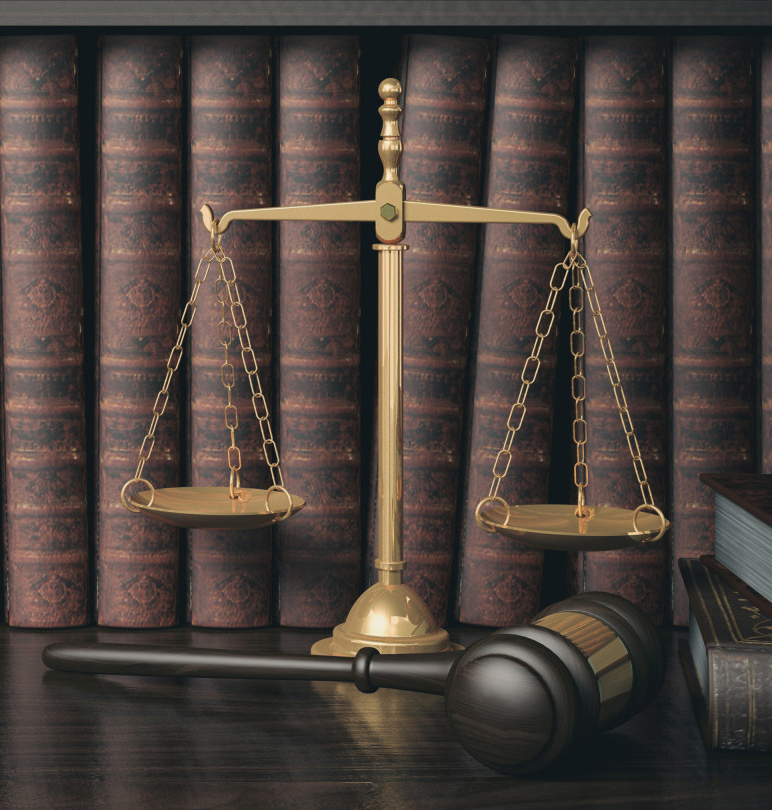Law and Justice
Violence and political instability have contributed to the inability of the Haitian government to address the humanitarian crises, resolve long-standing problems associated with human rights and meet the basic justice needs of its people. The rule of law and justice has failed in Haiti. The country’s justice administration has failed its obligations under the relevant human rights instruments and the American Convention on Human Rights. The justice system in Haiti has also failed in protecting the most important human rights of the Haitians.

The three main areas involved in justice administration in Haiti include; the court system, the system of detention facilities, prisons, and law enforcement. Unfortunately, these three have gravely failed in the administration of justice in Haiti. First, the national police suffer from a lack of enough resources, shortage of law enforcement officers, and lack of a command hierarchy. As a result, the national police is characterized by human rights abuse and rampant corruption. The court system in Haiti is also composed of inadequate training and resources and the use of outdated laws that lead to systemic impunity and unacceptable delays while offering legal services and serious violations of human rights. Finally, the Haiti prisons are way below the international standards.

Haitians have faced many hardships that have contributed to the high levels of injustice in the country. Political instability, degradation of the country’s infrastructure and economy, exploitation of people, serious human rights abuses, and violence. In addition, the poverty levels in the country are also high. More than three-quarters of the Haitian population lives on a budget of less than $2 a day. Therefore they cannot afford to hire attorneys to get justice. The country also lacks public defenders to offer legal aid to the Haitians. The largest population of Haiti, therefore, lacks access to legal services.
The LGBT people in Haiti have continued to suffer discrimination without civil law protecting them. The people with disabilities in the country have also been exposed to discrimination since Haitians believe that disability is a curse. Violence has also been rampant in Haiti, with women and girls suffering gender-based violence and sexual harassment. Haitians have also continued to suffer abuses by security forces, with police officers being responsible for many injuries due to excessive use of force while restoring order, especially during demonstrations. In addition, the people have continued to suffer displacements, poor sanitation, and limited access to safe water, and industrial pollution, causing environmental pollution.
Due to the high levels of law injustice experienced by the Haitians, the URH has intervened and aims to restore hope in vulnerable groups by ensuring that the poor Haitians have access to legal services, especially justice of the law. URH will help the poor Haitians to get law justice by closely working with law students, lawyers, and paralegals to handle the cases of poor Haitians who do not have enough funds to hire a lawyer and get justice. URH will link with the inmates who have been convicted without proper legal representation help them acquire justice. The URH seeks to hire attorneys, lawyers and other legal counselors to take these cases. The initiative will also collaborate with other stakeholders including the human rights groups in Haiti to evaluate where justice has been denied due to lack of good legal representation. Other than hiring, URH seeks to partner with law firms and individual attorneys who are willing to volunteer by taking some of these cases as pro bono.

